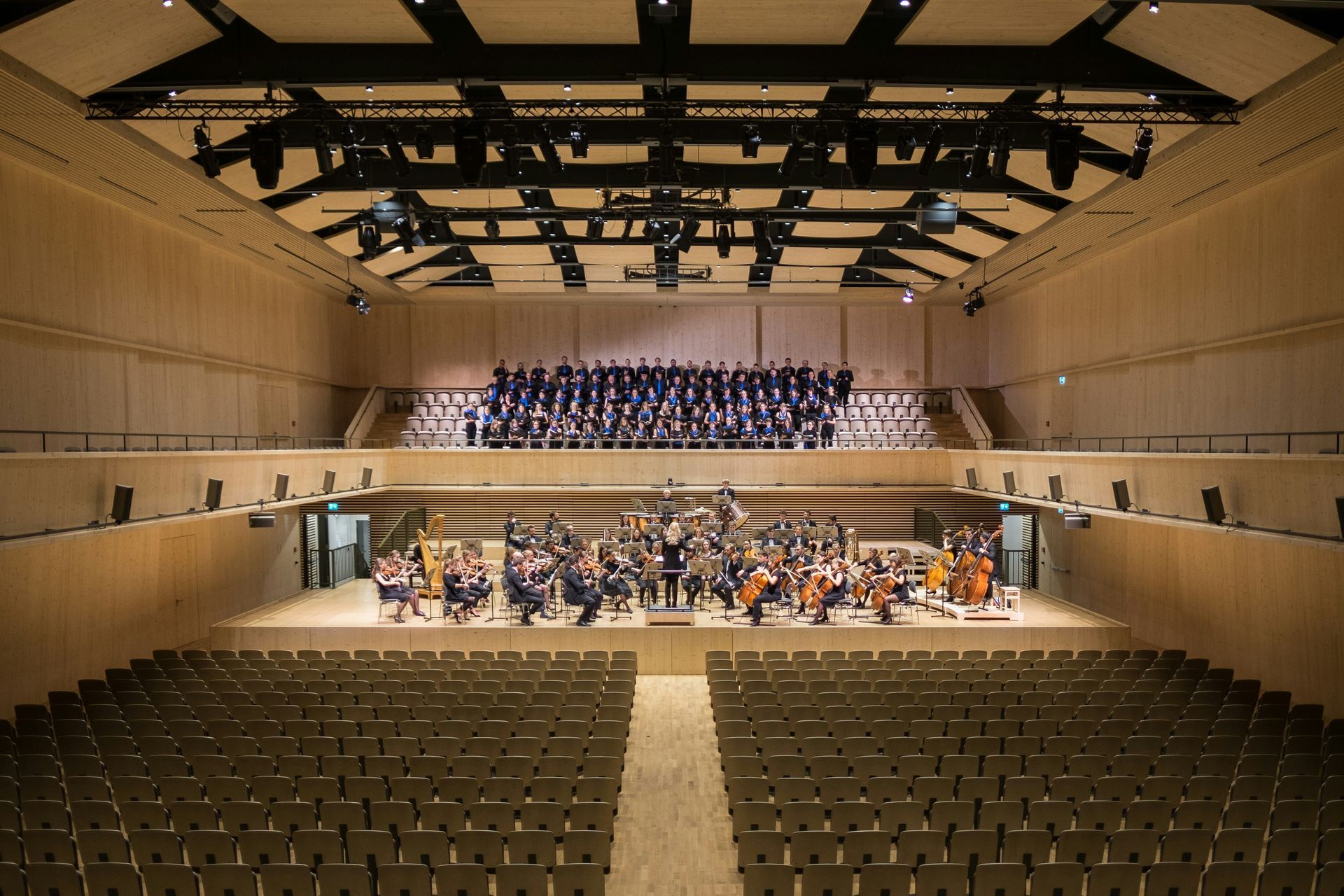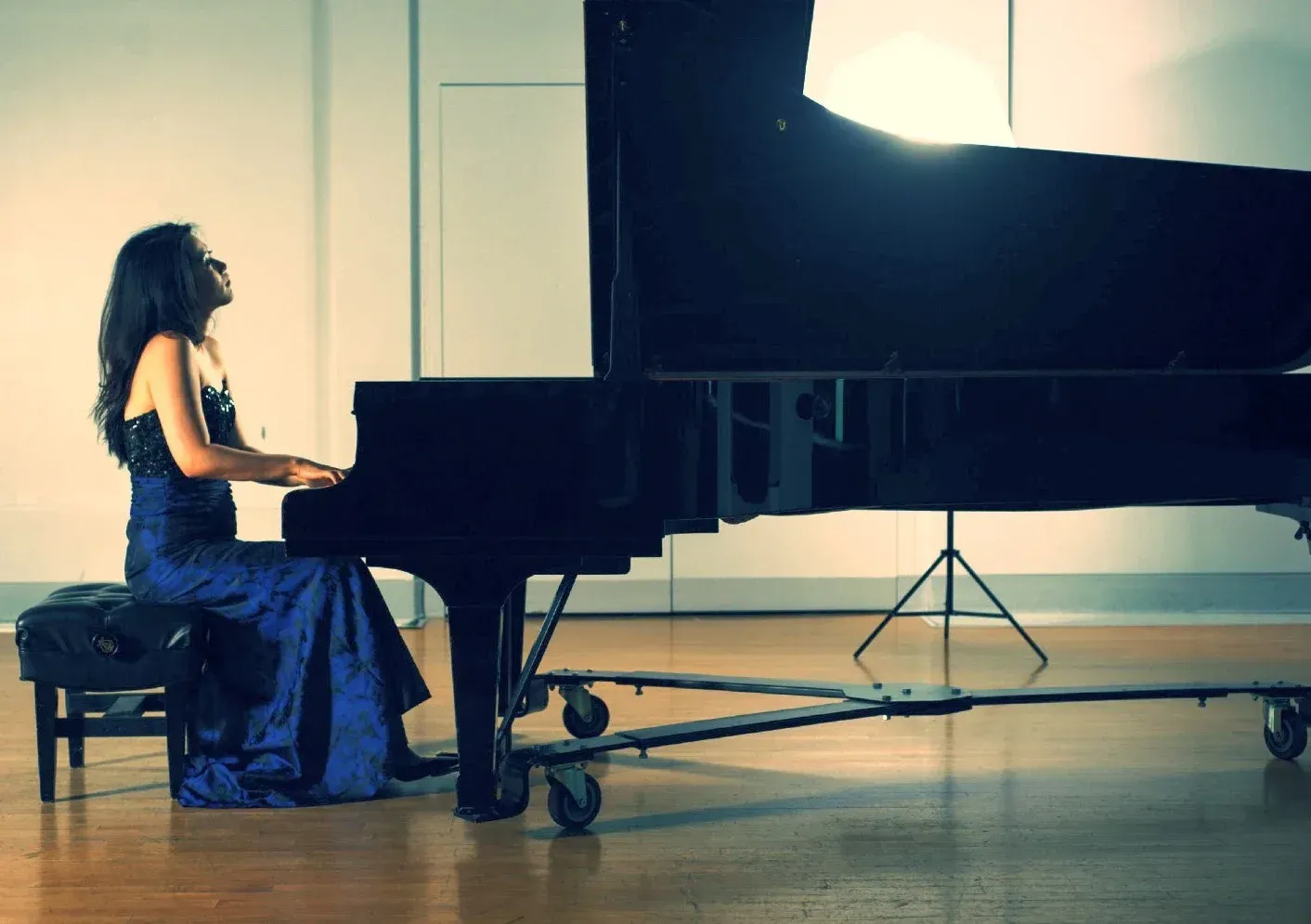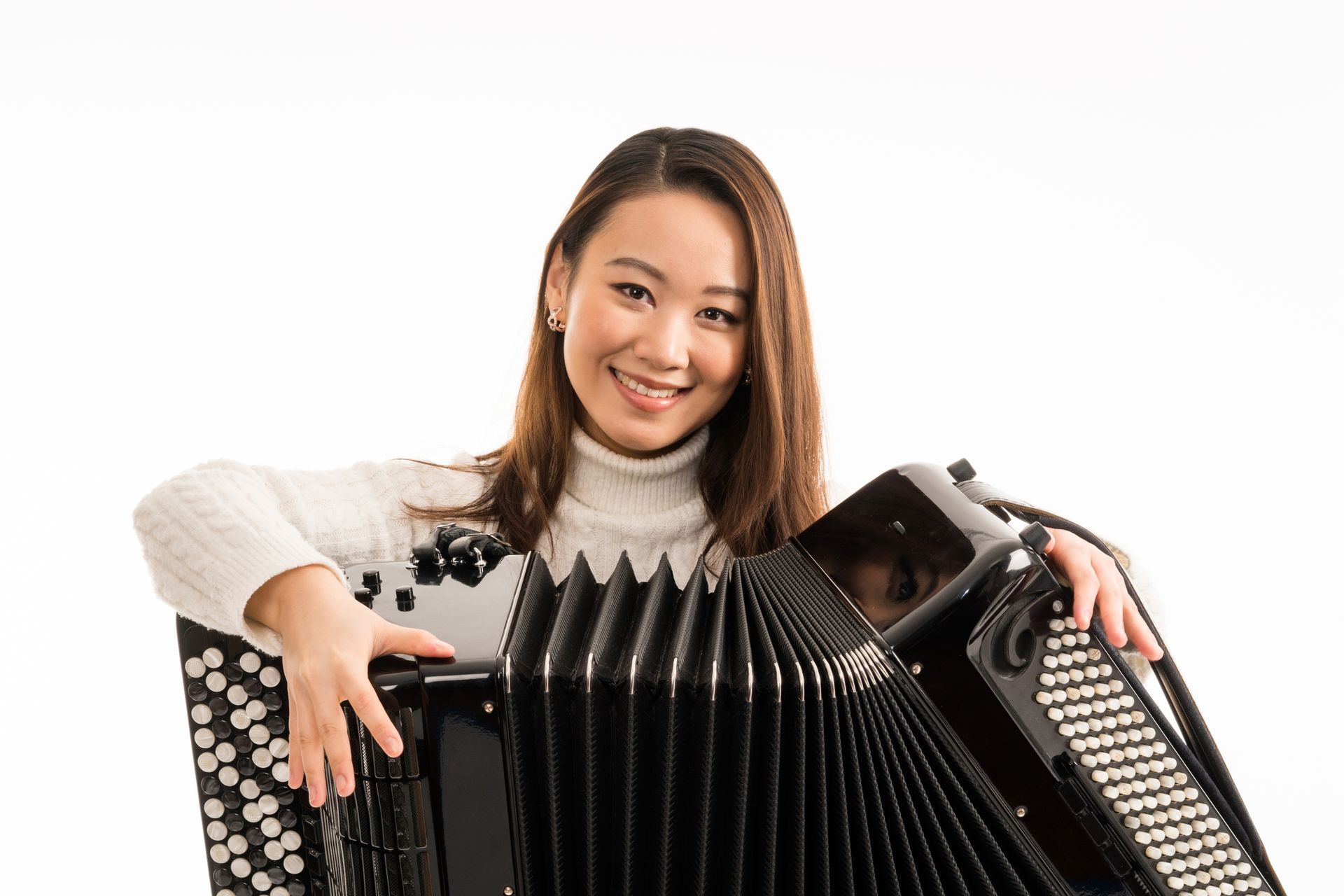The Classical List
Review: The Playground Ensemble: Community Resonances

Feb 22, 2025 - Denver:
For almost all classical music concerts, communal aspects of the performance center around traditional expectations; the repertoire, atmosphere, flow of time from one piece to the next, and even how the musicians will perform are somewhat known ahead of time. This “knowing” is an important part of the shared experience of the audience. The Playground Ensemble’s Saturday evening event at the Holiday Theater was not this sort of performance. In fact, very little of it could have been anticipated - even by the performers.
The program began in the lobby with Nathan Hall’s
Vessels for solo flutist (on both regular and bass flutes) and a series of singing bowls played by members of the audience with a booklet of graphic scores and simple prompts geared toward non-musicians. The music took off with flutist Sonya Yeager-Meeks guiding the way. The singing bowl, while probably not the most difficult of instruments, did prove to have a learning curve for the performers. However, the structure of the piece made room for this through leaving some of the prompts needing more confidence to the end. The sonic result was that of a gradual bringing together of disparate sounds into a state of unification as performers came to terms with their instruments while learning on the fly.
Non-performing members of the audience standing around could be seen reacting spontaneously to the music - not quite in dance, but in sympathetic movement when the bowls and flute sounds, with their similar timbres, produced undulating waves of sound because of the similar but not identical pitches.
There is nothing that could have prepared the audience for the next work on the program. We knew in advance that an unrehearsed “choir” consisting of volunteers from the audience would perform. Past experiences with this particular setup have proven to be underwhelming at best - indeterminate, chaotic, and going nowhere. This performance of Arone Dyer’s
Dronechoir was far from that.
Synchronized through instructions sent through the performer’s cellphones into their ears through earpods, performers at opposite ends of the space began to sing together and in unison. Without words and working slowly through changes in harmony, the only word to describe the sound was
otherworldly. It was as though the performer’s minds were controlled by some outside, ancient - or even primordial and instinctual - force. At a certain point the performers were instructed to guide the rest of the audience into the theater space. Once in the hall proper, the sonic experience was akin to the summer evening song of cicadas - a constant “drone” of hypnotic pulsations of sound. It was beautiful and surprisingly in-tune and harmonious.
Word artist Taj Ashaheed brought the audience back to earth with an impassioned performance of his
When a Manila Echoes. While poetry is not music in the purist sense, his words which explored aspects of identity, injustice, justice, reconciliation, and eventually unity worked to tie together the sound experiences of the evening.
The second half of the concert consisted of two premiers.
Playground Ensemble Director Conrad Kehn’s
Known Input was comparatively on the wild side consisting of sound produced by live feedback loops while Allan Kaprow’s
How to Create a Happening played. The interactive element consisted of notecards circulating the room with instructions to engage with others, move to different locations in the hall, or perform certain actions. On any typical performance, the first two elements would have been enough of a “happening” by themselves. However, the discomfort of interacting through instructions on notecards was right on the theme and a great contrast to the final work on the program.
Carta de Amor by Gabriel Mininberg is a three part composition intended for performance in the resonant TANK Center for Sonic Arts - a 75-foot metal tank in Rangely, CO. Although the acoustics of being inside a giant water tank had to be artificially simulated, the Playground Ensemble’s Sarah Whitnah (violin), Sonya Yeager-Meeks (flute), Deborah Marshall (bass clarinet), and Rachel Hargroder (percussion) transported the listener to an unknown reverberant space - perhaps not quite a water tank. No participation was required here except for reflection on each of the “happenings” before landing back in our seats.
A person could dislike missing out on anticipating the familiar ebb and flow of a traditional classical music performance with their fellow audience members, but the gentle invitations throughout this evening’s performance of the Playground Ensemble to engage in unexpected and unconventional shared experience were more than a suitable substitute. This participation based format produced an even deeper sense of the “knowing” each individual brought to the event - and a challenge summarized a few of Taj Ahaheed’s words:
…hearts to our hearts…
…souls to our souls…
…let our choir sing…
…our voices a symphony of liberation…

All Rights Reserved | The Classical List

